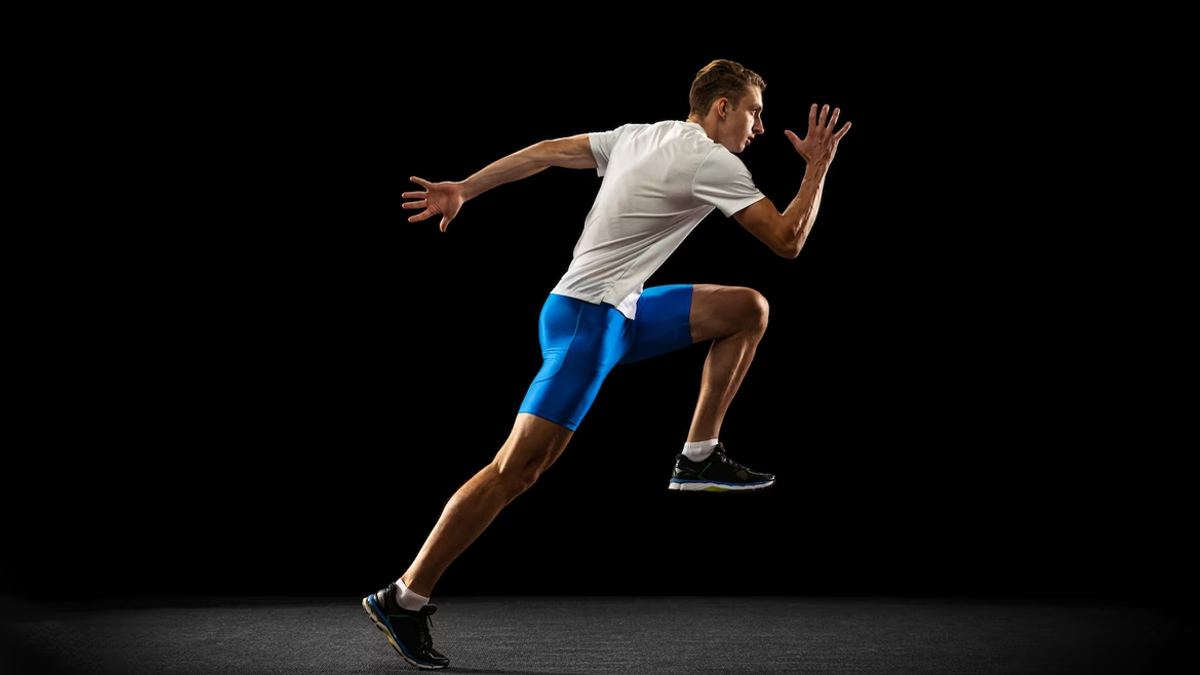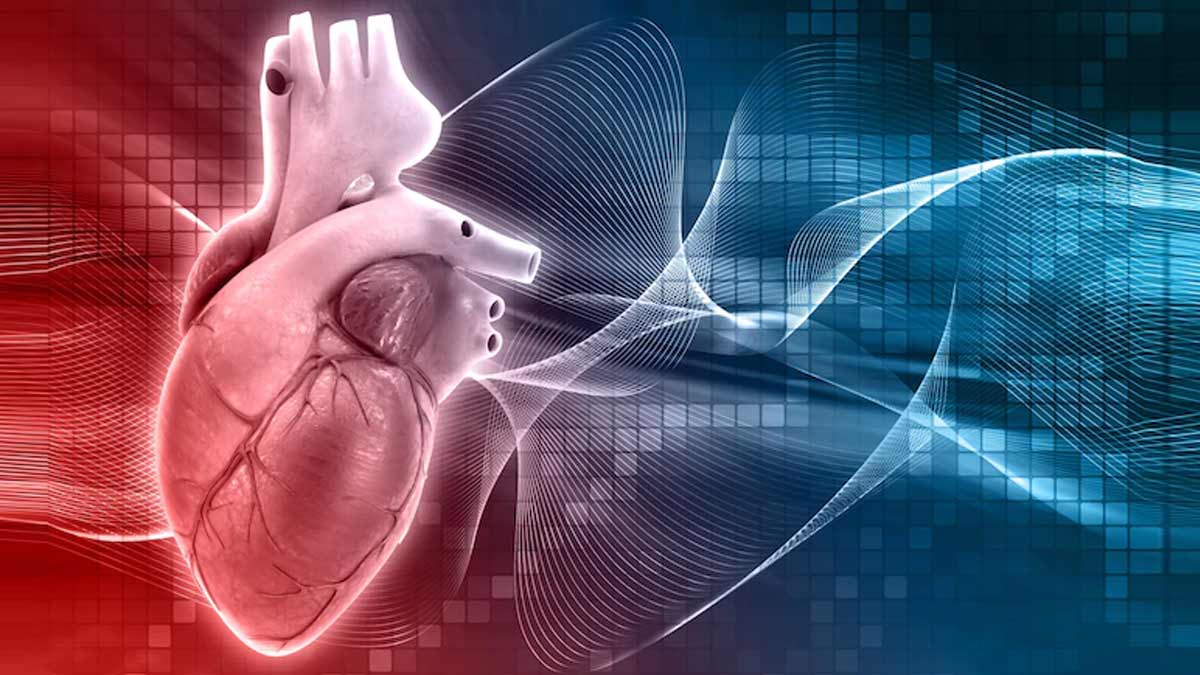
The news of a 15-year-old athlete from Karnataka dying because of sudden cardiac arrest was a shock to all, and though rare, it is important to know more about this. First let’s understand the term sudden cardiac death (SCD).
Table of Content:-
“It is an unexpected death due to cardiac arrest occurring within one hour of the sport being played. Sudden cardiac arrest is rapidly fatal unless treatment is begun immediately. Cardiopulmonary Resuscitation (CPR) must be begun, and automated defibrillators used,” said Dr Swati Garekar, Senior Consultant-Paediatric Cardiology, Fortis Hospital, Mulund, Mumbai.
“The patient must be transferred to a tertiary care hospital as soon as possible. Though the occurrence is rare in athletes, SCD attracts a lot of attention as people perceived as being healthy, with a capacity for physical exertion, die suddenly during/ after the sports. SCD is more common in males,” Dr Garekar added.
Common Cause Of SCD
- Some Of The Common Causes of SCD in young athletes are
- Sudden abnormal fast heart rate (Arrhythmia)
- Thickening of the walls of the heart (Hypertrophic Cardiomyopathy)
- Abnormalities of the coronary artery origins
- Infection of the heart (Myocarditis)
- Diseased heart valves (narrow or thinned out). This is seen in people with Marfan Spectrum Disorders.
- Injury on the chest wall
- In older athletes, the typical heart attack can occur, secondary to coronary artery disease.

Some measures that can be taken to avoid SCD, include the following
A thorough family history taken by the primary physician. Red flags are - a relative dying of SCD at less than 50 years, heart disease being detected at less than 50years, heart muscle or heart rate disease in the family.
History and physical examination (PE) of the athlete. History of chest pain, fainting, palpitations, getting out of breath sooner than playmates or Asthma. On PE: “Marfanoid” appearance, abnormal peripheral pulses, heart murmur and Hyperlipidaemia Stigmata must be red flagged.
Also read: Diet After Sudden Cardiac Arrest, Cardiologist Shares What To Eat
Anyone with suspicion of heart disease based on history or PE should get a 12-lead electrocardiogram (ECG). The ECG may detect some causes of SCD but may miss others.
An athlete with abnormal results should be referred to a cardiologist.
There are no well-defined screening protocols in place for athletes prior to participation in sports. This is because the tests (like ECG) may have false positive results causing undue worry to the family.
Also read: Heart Attack, Cardiac Arrest, Stroke: What Is The Difference?
Simple precautions to take before participating in sporting events
- Get your primary doctor to take your complete history and physical examination beforehand.
- Train well for your event.
- If the event is in a different climate than your home, then it is vital to acclimatise to the new climate.
- Warm up and cool down is essential for a lot of sports.
- If you have a fever, cough, or cold it is sensible to avoid the event.
- If you feel chest tightness or pain or unusual breathlessness or light headedness during your event, excuse yourself out of it.
“The government must also mandate the presence of staff trained in basic life support (CPR) and the automated defibrillator at sports events to reduce mortalities related to such cases. Finally, it is highly recommended that an ambulance should also be on standby during such events,” Dr Garekar concluded.
Also watch this video
How we keep this article up to date:
We work with experts and keep a close eye on the latest in health and wellness. Whenever there is a new research or helpful information, we update our articles with accurate and useful advice.
Current Version